The daily struggle for survival in the Gaza Strip has become an agonizing reality, forcing the civilian population to risk their lives for basic needs like food. The footage, shot in August primarily by Palestinian journalists, paints a shocking picture of a humanitarian catastrophe. These stories, collected by a joint team from public media, members of the European Broadcasting Union, reveal the devastating reality facing the population, as access for foreign correspondents to the Strip's territory is severely restricted.
The Dangerous Journey for Survival
One of the people whose fate reflects the tragedy of the situation is 26-year-old Mohammed Abu Shehada. He is one of the many whose lives have been turned upside down since the beginning of the conflict. Living with his mother and four siblings, Mohammed has been displaced 11 times. His shops and tailor shops have been destroyed, depriving the family of any income. They now depend entirely on humanitarian aid, and access to it is fraught with enormous risks.
Two or three times a week, Mohammed undertakes a dangerous journey that could cost him his life just to bring home a single bag of flour. The route is extremely risky, as he shares: "It's not easy to get there, I walk with fear. There's a 90% chance you won't come back alive." Mohammed has already been wounded, crushed by the crowd, and has seen friends die before his eyes, shot or run over by trucks.
According to him, the distribution centers controlled by Israel and the United States are too risky and remote. Instead, he tries to reach a place called "Zikim" in the northwestern part of the Strip, where the trucks are no longer under the control of the Israeli army. There, amid complete chaos and clashes for the scarce provisions, he manages to get a sack of flour. He then trades part of it at a market near his home, exchanging 3 kg of flour for barely a kilogram and a half of potatoes. This desperate market, where food has become the most valuable currency, reflects the severity of the crisis.
Before the army banned safe aid routes, I used to go to the UN Agency for Palestinian Refugees. We would get messages on the phone to pick up our packages and go back home – everything was easy and humane. Now we risk our lives – they want us to fight each other for food.
Malnutrition as a Silent Killer
The condition of Maryam, a nine-year-old girl whose body is completely debilitated by malnutrition, is a shocking example of the severe consequences of the humanitarian crisis. She is admitted to Rantisi Hospital in the northern part of Gaza City with her mother, Mudala. The 32-year-old mother has left her other three children to care for Maryam, whose condition is worsening every day.
The last time I ate normal food was two months ago, then there was no food. I stopped moving, I'm too sick.
Her mother, Mudala Imad Dawas, expresses her desperation:
I am ready to lose my daughter at any moment. I give her a drink with a syringe by force. It breaks my heart – I know she doesn't like it, but I have to force her to drink.
Similar is the fate of 17-year-old Ahmed al Batniji. Before the war, he was a healthy boy, but the conflict has caused serious health problems, including vitamin absorption disorders and gluten intolerance. Suffering from severe malnutrition, he shares:
The pain gets stronger, my legs are swollen. I can't live a normal life like others, I can't go out and move around, I stay at home.
The recording of his story, made by the Canadian television CBC, is among the last, as the boy died shortly after the report was filmed.
High Prices and Lack of Access
Even those who have money are faced with almost impossible prices. Taufik, a teacher who takes care of a family of seven, now works for a much lower salary. At the market, he witnesses absurdly high prices. When he asks for the price of tomatoes and hears they cost 120 (likely shekels), he exclaims: "So expensive!" The shocking fact is that even the vendors cannot afford the food they offer. One of them shares: "Many people ask for prices, but in the end, no one buys. I sell food, but I can barely feed my children."
Dr. Abu Abed, who works at a local clinic, confirms that malnutrition is a widespread problem. "Patients, even medical professionals – everyone in Gaza suffers from varying degrees of acute malnutrition," he says, as red markers appear en masse when measuring children, adults, and the sick.
Medics at the Epicenter of the Crisis
Dr. Suleiman al-Derbi, a 30-year-old medic from Rafah, works at Nasser Hospital in the city of Khan Yunis. He describes the overcrowding in the Al Mawasi refugee camp, where people often cannot get to the hospital. Therefore, he visits those in need himself, changing the bandage on a boy injured while trying to get humanitarian aid. Even medics are victims of the crisis. "Of course, malnutrition affects us too – we are tired, we feel pain and it's very difficult, especially in the operating room," he shares, as he heads to the hospital to perform another operation.
The Message of Hope
Despite the despair, small sparks of hope glimmer. A group of young Palestinians started the "Tamra" project in northern Gaza to deal with the crisis on their own. They started planting vegetables and fruits, and then distributed seeds to families so they could grow their own food.
You may also like
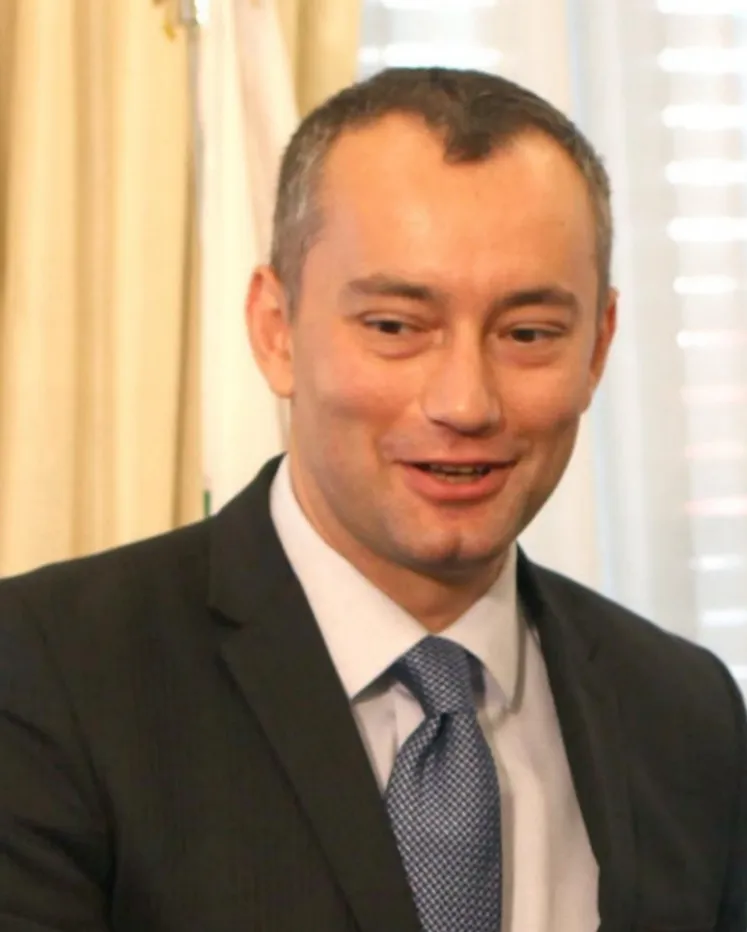 Nikolay Mladenov Heads Peace Council in Gaza: Trump's Plan for the Palestinian Territory
Nikolay Mladenov Heads Peace Council in Gaza: Trump's Plan for the Palestinian Territory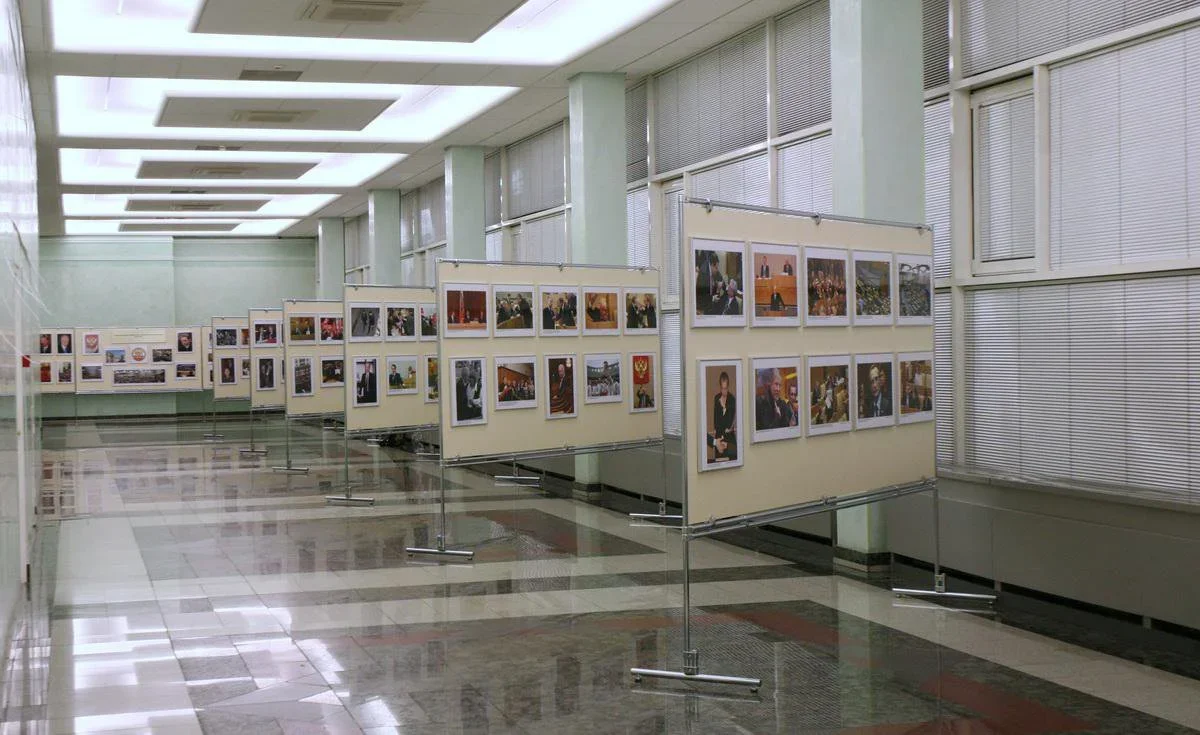 Photo exhibition in Burgas presents the stories of young people from foster families
Photo exhibition in Burgas presents the stories of young people from foster families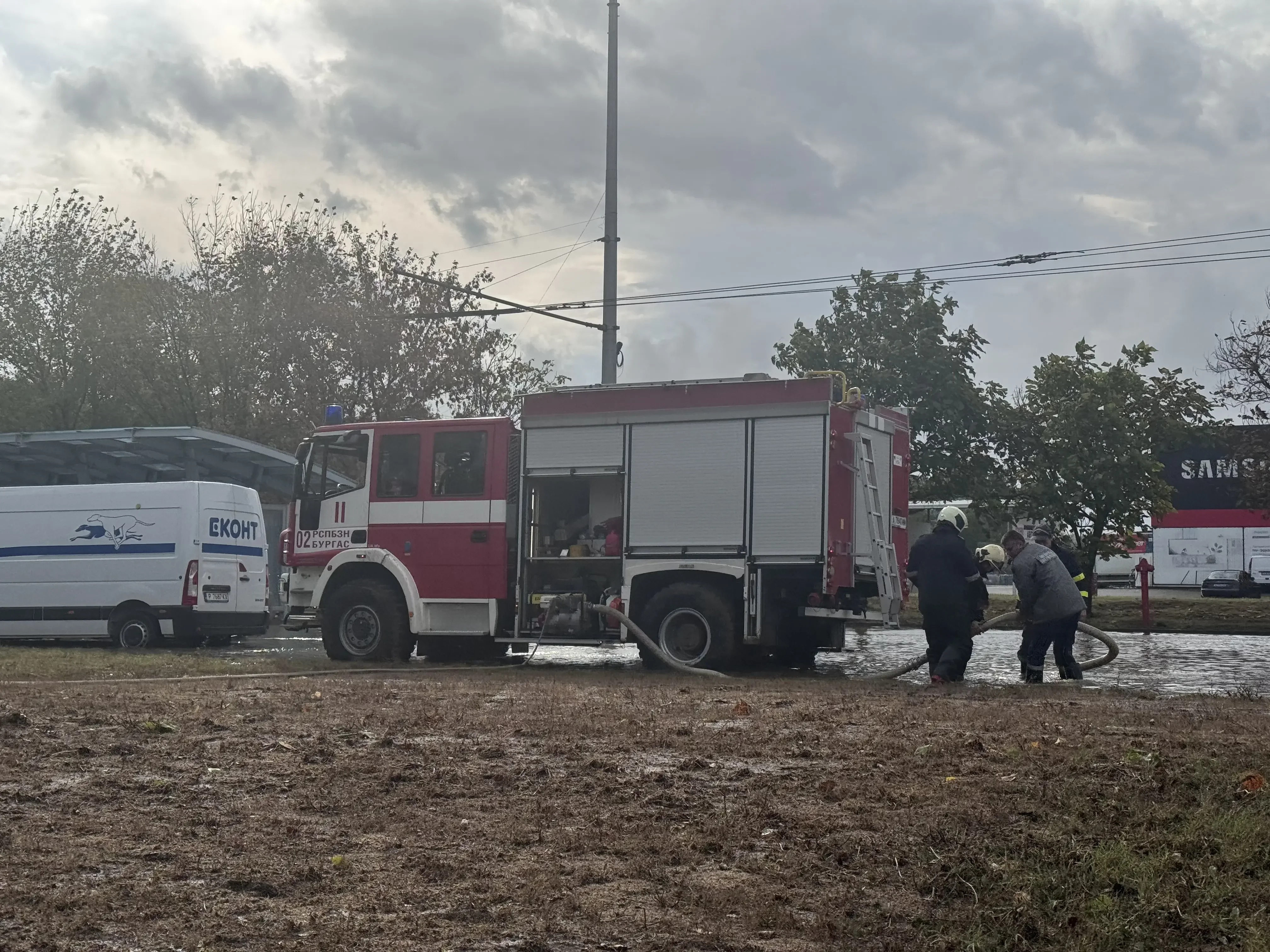 Flooding in the „Briz“ quarter of Varna: Water pipe failure causes a flood
Flooding in the „Briz“ quarter of Varna: Water pipe failure causes a flood Winter grips the country: cold, black ice and icy roads
Winter grips the country: cold, black ice and icy roads
The founder of "Tamra", Lina al Madoun, explains that there are two main reasons behind the initiative:
- the urgent need for food due to the blockade
- the desire to send a clear message to the world
Because to plant plants means you are connected to the land. We want to tell the world – we will not leave this land. It is ours, we plant here and we will stay here.

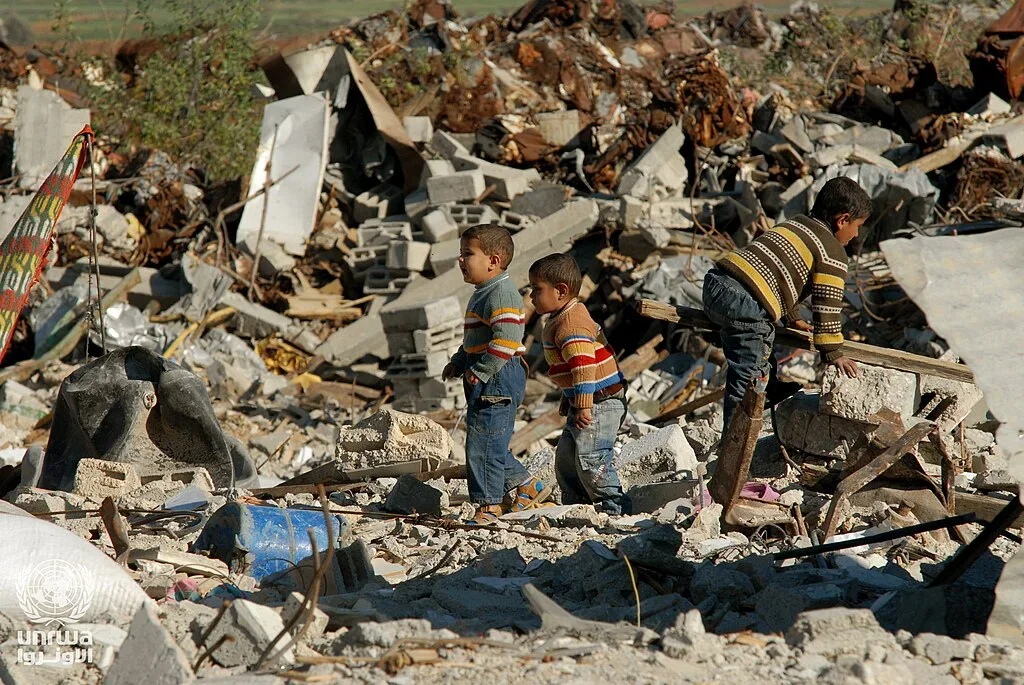

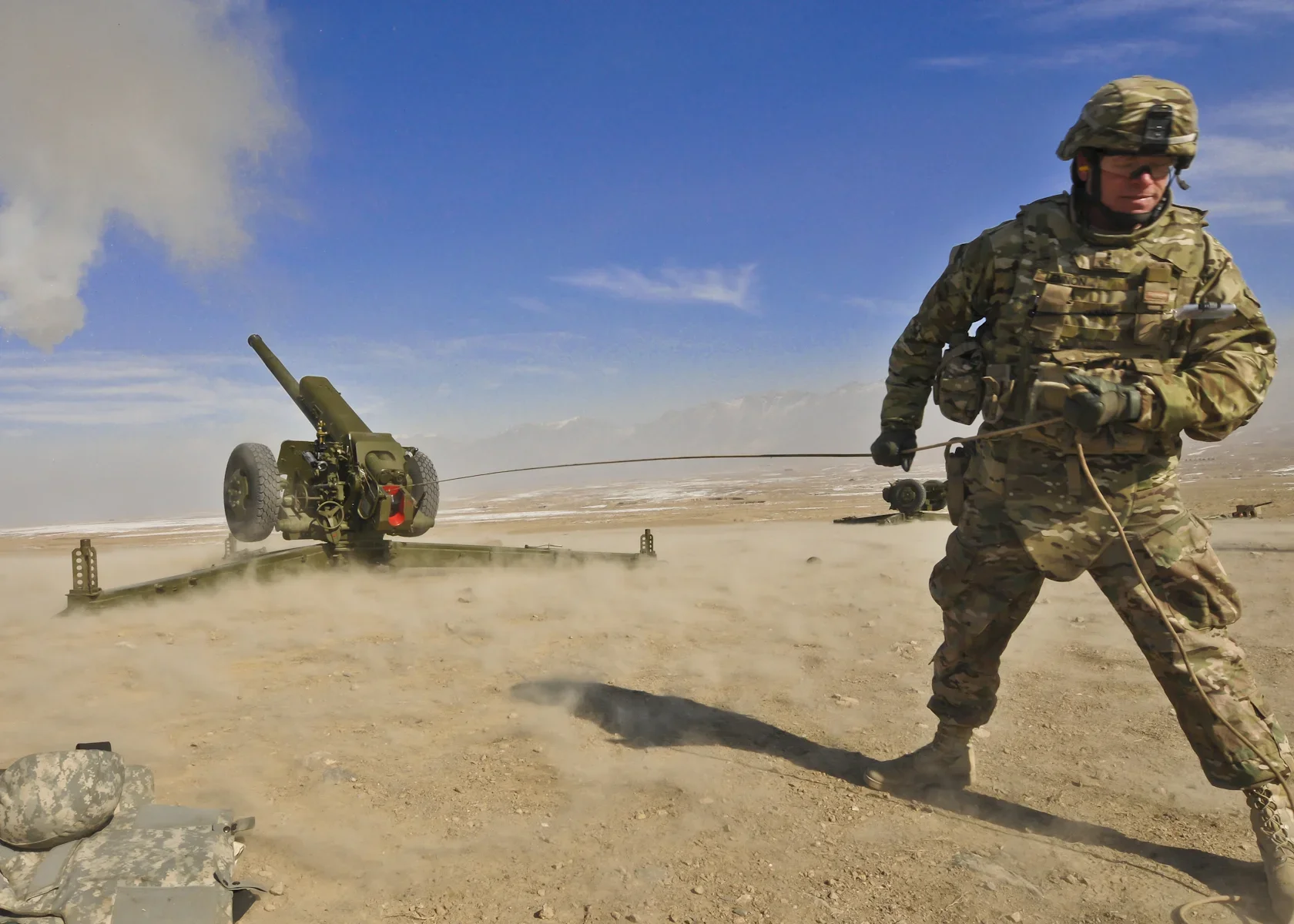
Коментари (0)
Все още няма коментари.